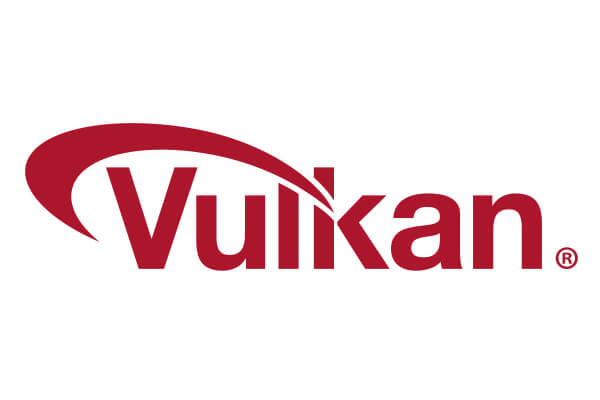Looking for release builds of the Vulkan Validation Layers for Android?
Developers can find Android binary versions of the Validation Layers in the Vulkan Validation Layers repository.
LunarG releases the Vulkan SDK approximately every 6-8 weeks. The focus of the SDK is for desktop development environments. However, LunarG has received feedback through their ecosystem surveys that indicate Android developers may be using components in the SDK and as such, they have also requested that the Android versions of the Validation Layers be included in the SDK. Instead of including them in the SDK, LunarG has begun the process of creating a build of the Validation Layers for Android coincident and compatible with the Vulkan SDK.
Download the Android Validation Layers
These releases can be easily downloaded at the Validation Layers repository: https://github.com/KhronosGroup/Vulkan-ValidationLayers/releases.
For more information
LunarG’s software engineering experts create innovative products and services for open source and commercial customers using leading-edge 3D graphics and compute technologies, including Vulkan, SPIR-V, OpenXR, and OpenGL. We have strengths in performance analysis and tuning, runtime and tools development, shader optimizations, driver development, and porting engines and applications to Vulkan.
For more information about LunarG, please check out our website.


